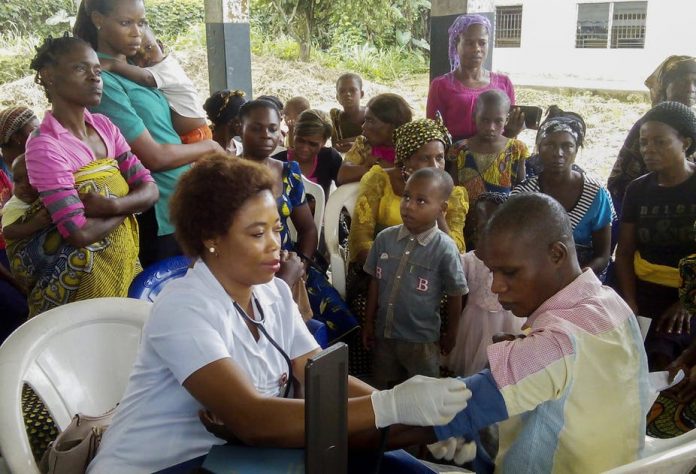By Lucia Hussey
Climate change has been labelled as the greatest public health risk of the 21st century. Health risks from climate change are expected to become increasingly severe in the coming years. They threaten the many advances being made in global public health.
Several health risks are anticipated from climate change. These include increases of vector-borne and diarrhoeal diseases. There are also changes in the geographic range of infectious diseases. This means a spread into new regions, the emergence of new infectious diseases and reemergence of old ones. An increase in the intensity of infectious diseases in already endemic regions is also expected.
Although climate change is a global threat, the potential risks are relatively higher in developing economies. These countries have overburdened and weak health systems, coupled with persistently poor health infrastructure.
It’s anticipated that some of the worst effects of climate change will be felt in sub-Saharan Africa. For example, climatic change has been reported as a driving force for the malaria highland invasion in the East African highlands.
It is crucial that countries’ public health systems are able to cope with climate sensitive diseases. The World Health Organization (WHO) has acknowledged this and has outlined a range of mitigating measures. It identifies rebuilding public health capacity among the most important, cost-effective and urgent responses to climate change. This includes training in climate change and health to strengthen the technical and professional capacity of health personnel. Effective surveillance and emergency response systems also need to be put in place, coupled with sustainable prevention and control programs.



